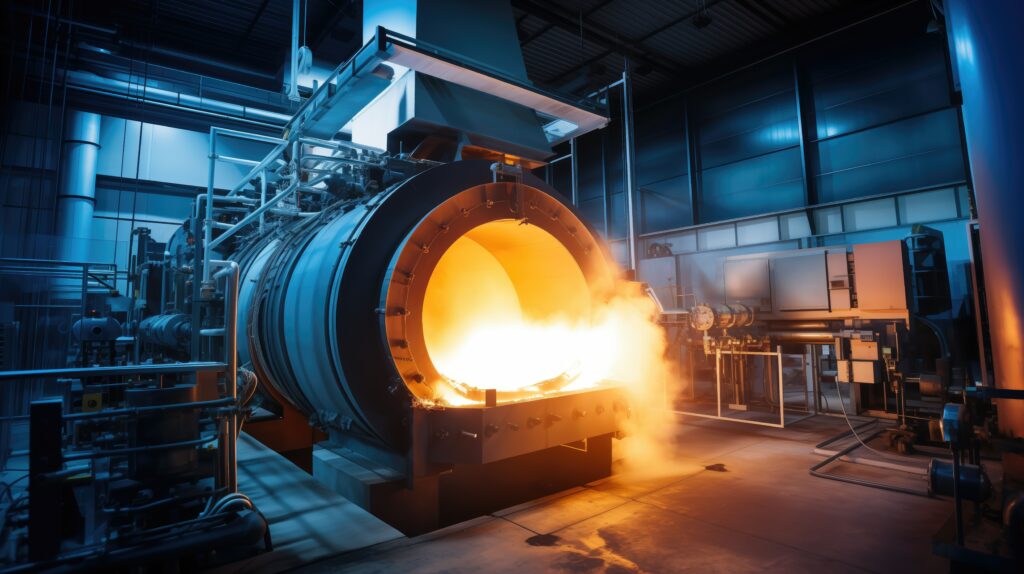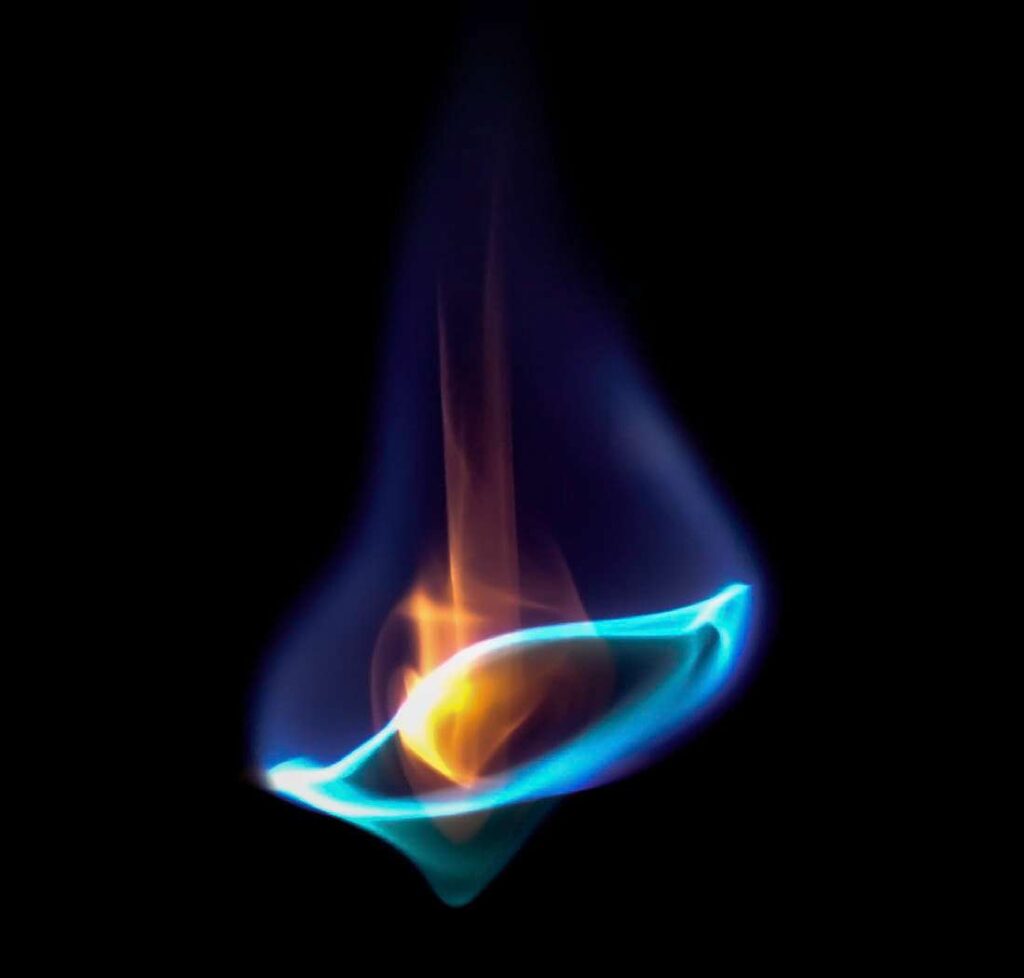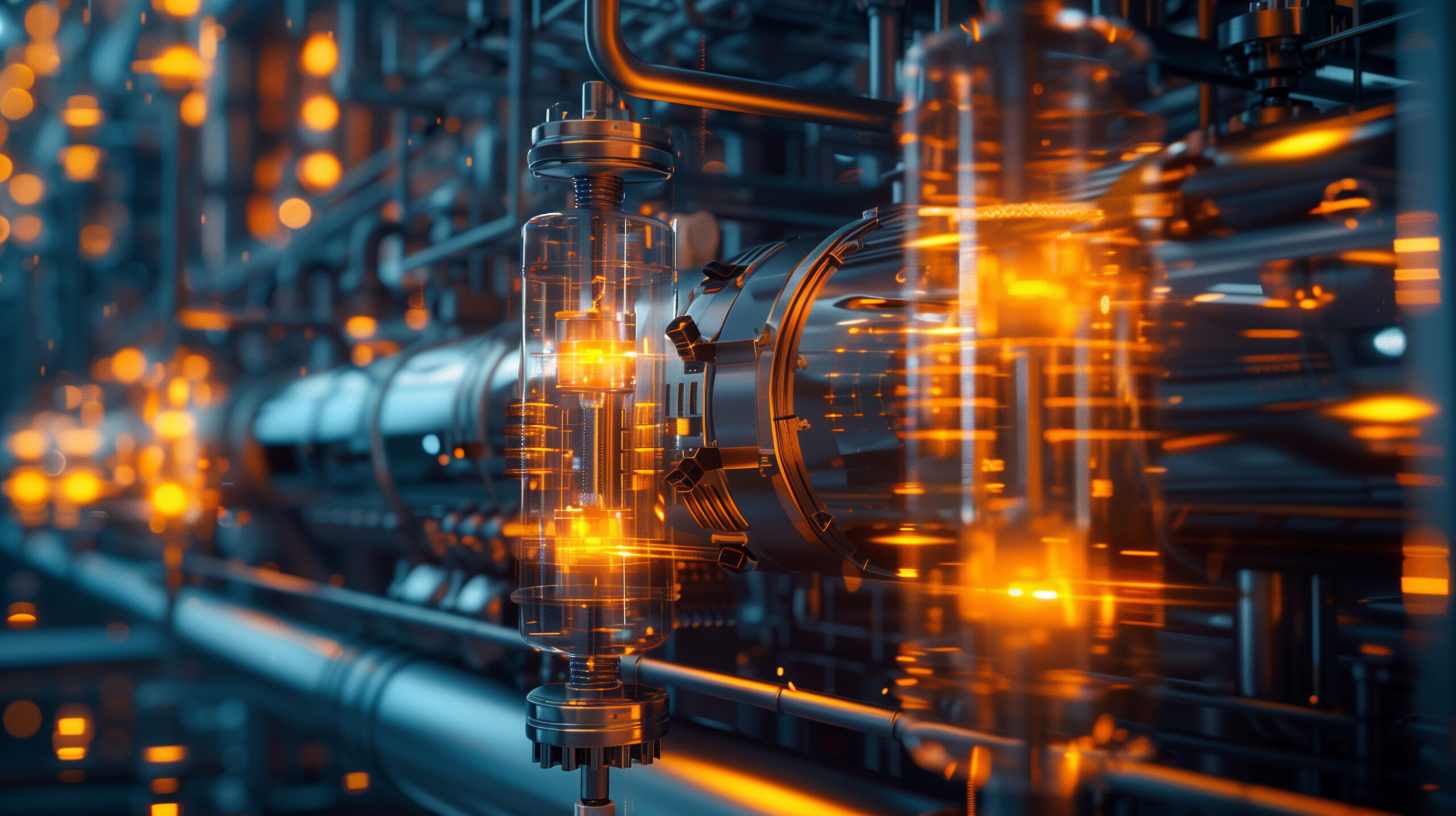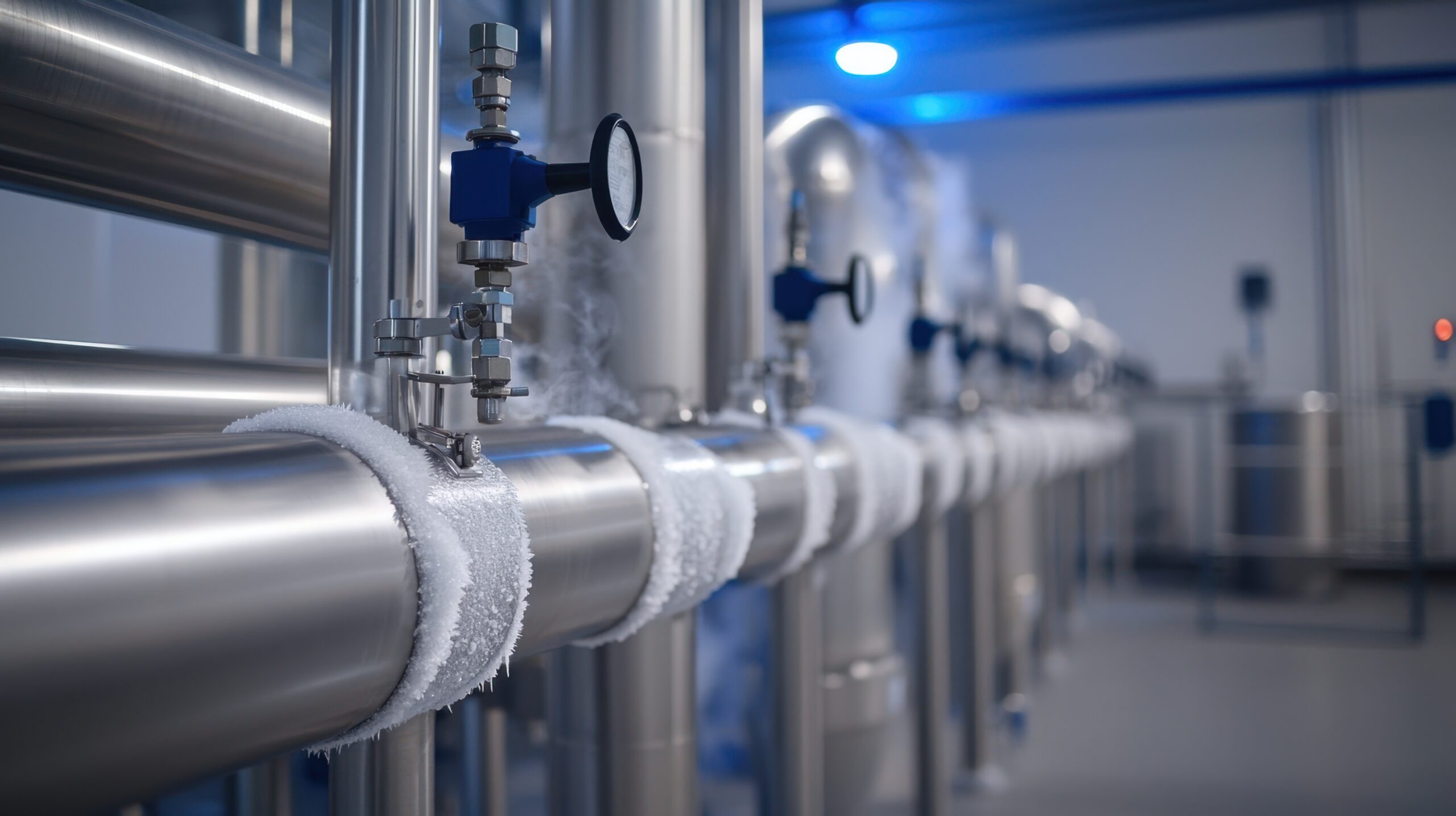
FROZEN Project
Flexi-fuel burner for decarbonizing heat in industry

Project coordinated by CNRS
Duration of 4,5 years
1,97 millions euros of budget
2 theses et 1 internship
Context and challenges
Industrial furnaces account for 60% of industrial heating energy consumption, and 90% of the energy used in these activities comes from fossil fuels; decarbonizing their use is therefore a major climate lever.
Industrial furnaces are primarily used in five sectors in France: steelmaking, basic chemicals and the pharmaceutical industry, non-metallic minerals, metallurgy, and the agri-food sector. To meet the decarbonization targets of these sectors, the number of electric furnaces is expected to double or triple by 2035, as will the electricity consumption associated with their use.
Scientific objectives
The FROZEN project aims to develop a versatile burner for industrial furnaces, drawing on recent advances in the decarbonization of gas turbines used in aviation and power generation. The goal is to modify the injection system to enable operation with hydrogen-enriched blends, including biogas, ammonia, partially cracked ammonia (PCA), or pure hydrogen. The objective is to ensure flexible, intelligent, and resilient heat generation.
Through experiments conducted with advanced diagnostic tools, the project will deepen fundamental and technological knowledge by measuring variables representative of the reactive flow, including key species, intermediates, and pollutants. These data will be used to validate high-fidelity numerical simulation models for the FROZEN burner, achieving a technology readiness level (TRL) of 4. The prototype burner and validated digital tools will enable industry to design burners for real-world applications at a high level of maturity.
The consortium



